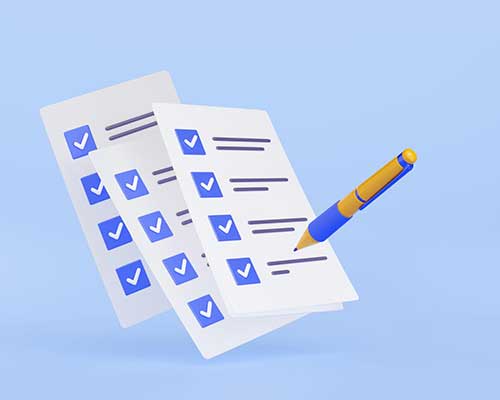
Preparation Tips
Ensure you are prepared to impress.
Be conscious of your social branding.
As always, it is paramount that your online presence and personality reflect as professional and positive as you are. There is a high chance that potential employers may ‘pre-screen’ you online prior to inviting you or meeting you in an interview, therefore, it is essential that you do the following to avoid aby faux pas:
- Search yourself: Do a search on yourself and see what comes up on you – carefully remove anything that you are not sure about yourself and or which will portray you in a negative way.
- Spring clean your social media accounts: if you are in any way unsure, worried or in doubt, simply increase your privacy settings to hide anything which is sensitive
- Profile pictures: It is critical that you check your profile pictures. Endeavour to use a photo which shows you as a professional/casual person, smartly and simply dressed. Avoid pictures wearing sunglasses, a fancy dress, etc.
Be conscious that no matter how private you think your social media activities are and to be, they are still in the public domain and accessible to anyone and everyone and this includes potential or future employers.
Dress: ensure that you are appropriately dressed for the job that you are seeking and not for the one which you are presently working in. In over 95% of the cases candidates are expected to wear a suit or smart business attire. However, if in doubt, you can always check with an expert consultant on eimams.
For example, for an office job, you may be expected to attend your registration or induction meeting in black trousers/skirt, white shirt/blouse and a black pair of shoes as this is what the employer would expect.
Making sure that you are appropriately dressed puts you in the right frame of mind for an interview. You may be having a phone or even a skype interview, it is always good advice to dress as you would for a face-to-face interview as it will enhance your confidence and make you appear professional in front of the potential employer.
If for some reason you are in a challenging financial situation, then do not despair, simply look at these suggestions stated below:
- Try to get a two-piece suit in neutral or common colours, i.e. grey, blue, or black. You can alter the style according to your liking by adding different colour shirts, blouses, ties and shoes.
- Avoid buying colours which are bold. Your style of dress says a lot about you, so try to be remembered for your skills and experiences and not for your dress sense.
- Don’t let down your smart or pristine suit with scruffy, unclean, or unpolished shoes or sandals. Ensure that they are clean and or polished, and if in doubt, then black is always the safest option, but ensure that is polished.
- You can also look out for closing down sales, clearance sales, discount stores, charity shops which are all good places to start for cheap, yet good quality clothes. Sometimes you can find a bargain and the items are NEW.
Body Language
55% of our communication is body language, therefore, it is pertinent to be aware of it in an interview. Your body language will give the interviewers a lot of answers, therefore, try to be natural and confident, but not over confident.
You should keep yourself cool and composed from the moment you step into the office or the building. Ensure you are engaged with whomever you encounter as you step into the building or office, this includes the receptionist, security officer, and general members of staff, who may be asked for their opinions, therefore, keep this in mind that your interview starts before you arrive.
Here are some guidance which may help
Posture: posture is very important and a good posture demonstrates and promotes confidence and professionalism, whilst sitting try to sit slightly at an angle towards the interviewer and try to mirror their body language – this is an unconscious behaviour that communicates unity.
Hands: being fidgety is not recommended even if you are nervous. Touching your face and hair is a clear sign of nervousness. Keep your hands lightly clasped in your lap or on the table. Whatever you do, do not fold your arms as this appears to be a behaviour showing defensives and creates a barrier.
Smile and facial expressions: it is always recommended that you smile, but not overdo it, especially when you are greeted and when you leave, however, you should be able to balance it out throughout the interview. Finally, facial expressions, keep it to a minimum and do not look puzzled or lost but be comfortable.
